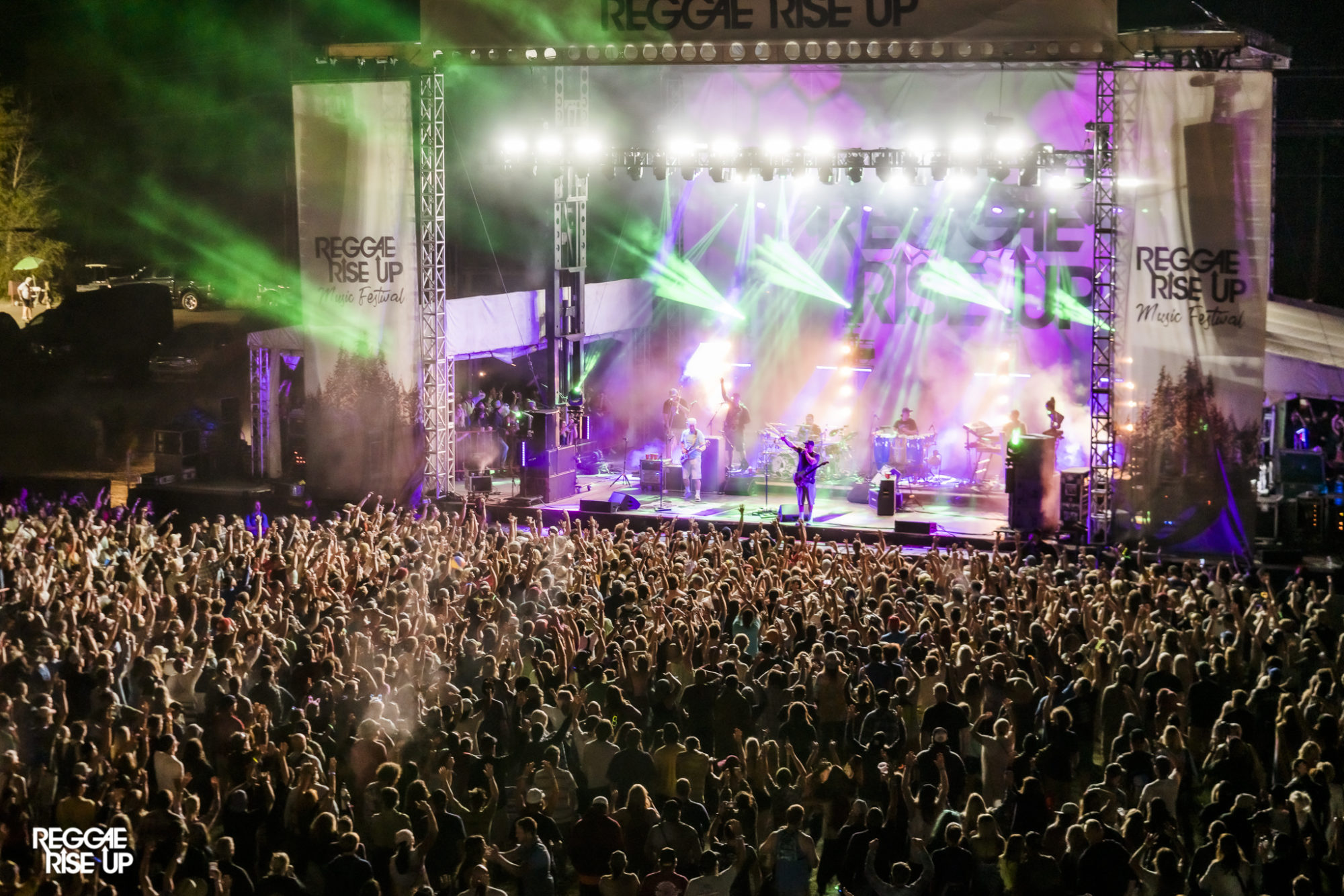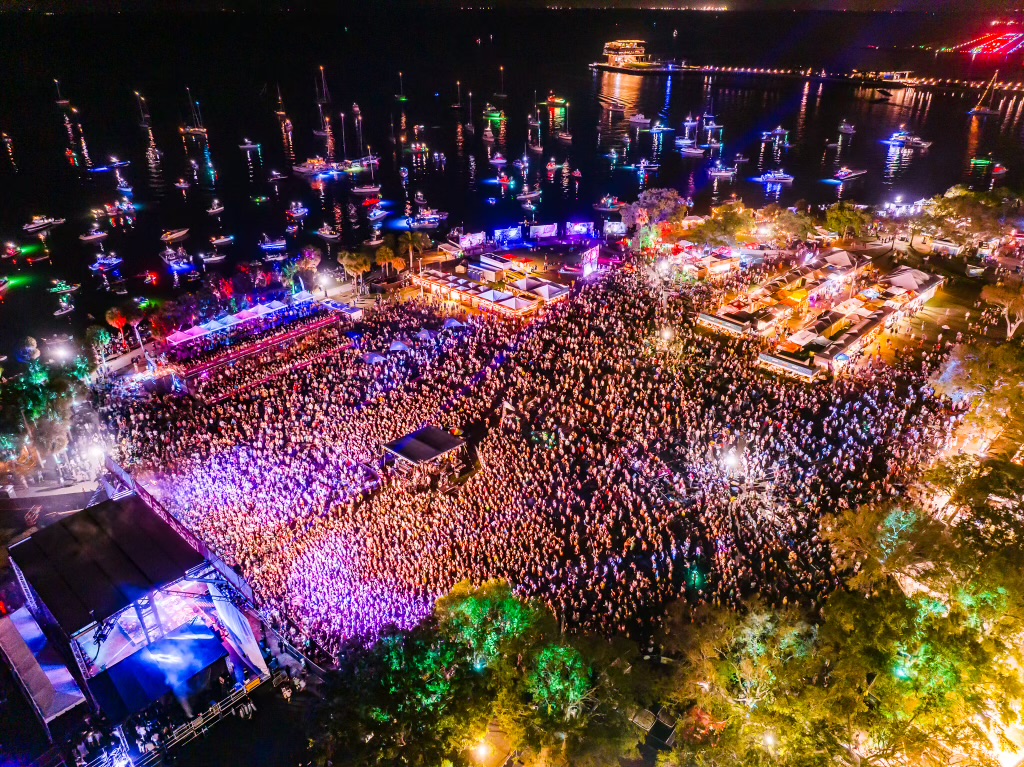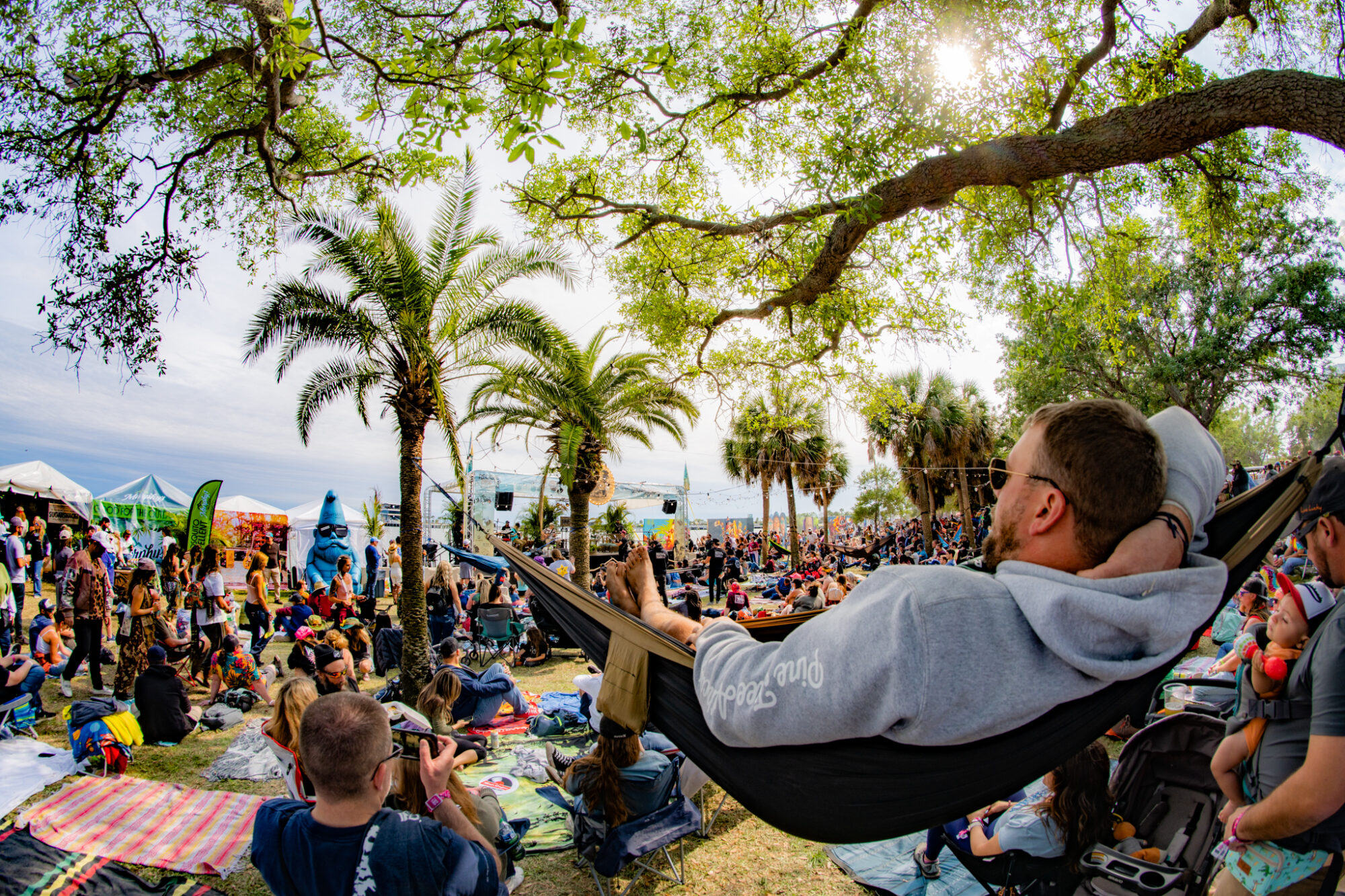Reggae Rise Up: The Journey Of A Genre That Changed The World
You’ve probably heard reggae music before, whether it’s through Bob Marley’s timeless hits or the groovy vibes of modern artists. But have you ever stopped to think about what reggae truly represents? It’s not just music—it’s a movement, a culture, and a way of life. The phrase "reggae rise up" captures the essence of this powerful genre that has risen from humble beginnings to become a global phenomenon.
Reggae isn’t your typical music genre. It’s more than just catchy rhythms and smooth melodies. It’s about resistance, unity, and hope. From its roots in Jamaica to its current status as a worldwide sensation, reggae has always been about rising up against adversity and spreading messages of peace and love. So, buckle up because we’re about to dive deep into the story of how reggae rose to prominence and why it matters today.
This article isn’t just for fans of reggae music; it’s for anyone who loves stories of resilience, creativity, and cultural impact. By the time you finish reading, you’ll understand why "reggae rise up" isn’t just a phrase—it’s a powerful call to action that resonates across generations.
Read also:The Outpost Armory Your Ultimate Destination For Tactical Gear And Firearms
What Is Reggae? A Brief Overview
Before we dive into the rise of reggae, let’s break down what exactly reggae is. At its core, reggae is a genre of music that originated in Jamaica in the late 1960s. It’s characterized by its laid-back rhythms, syncopated beats, and soulful melodies. But reggae is more than just a sound—it’s a reflection of the social and political struggles faced by Jamaicans during its formative years.
Reggae often carries messages of resistance, spirituality, and empowerment. It’s a genre that speaks to the heart, addressing issues like inequality, poverty, and injustice. And while it may have started in Jamaica, reggae quickly spread its wings, becoming a global symbol of hope and unity.
The Roots of Reggae: Where It All Began
Reggae didn’t just appear out of nowhere. It evolved from earlier Jamaican music styles like ska and rocksteady. These genres laid the groundwork for reggae by blending African rhythms with Western influences. But what set reggae apart was its emphasis on social commentary and its connection to Rastafarian culture.
Rastafarianism played a huge role in shaping reggae’s identity. The movement’s focus on spirituality, self-determination, and resistance to oppression became central themes in reggae music. Artists like Bob Marley and Peter Tosh used their music as a platform to spread Rastafarian teachings and inspire change.
Reggae Rise Up: The Early Days
Let’s talk about how reggae started its journey to global fame. In the 1960s and 70s, Jamaica was a country grappling with economic hardship and political unrest. Reggae became a voice for the voiceless, giving a platform to those who felt marginalized by society.
Artists like Bob Marley, Bunny Wailer, and Toots and the Maytals were at the forefront of this movement. They used their music to address issues like poverty, corruption, and inequality. Their songs became anthems for change, resonating with people not just in Jamaica, but around the world.
Read also:Container Park Las Vegas The Ultimate Urban Playground You Cant Miss
The Role of Bob Marley in Reggae’s Rise
When you think of reggae, Bob Marley’s name is almost guaranteed to come up. And for good reason—he was the face of reggae’s global rise. Marley’s music transcended borders, bringing reggae to mainstream audiences worldwide.
His songs like "No Woman, No Cry," "One Love," and "Redemption Song" became timeless classics that spoke to universal themes of love, struggle, and redemption. Marley wasn’t just a musician; he was a cultural icon who used his platform to promote peace and unity.
Reggae’s Global Influence: How It Rose to Prominence
By the 1980s, reggae had firmly established itself as a global force. Artists from all over the world began incorporating reggae elements into their music, creating fusion genres like reggae fusion, reggaeton, and dancehall. This cross-pollination helped reggae reach even wider audiences.
Reggae’s influence can be seen in everything from hip-hop to rock music. Artists like The Clash, Eric Clapton, and Sublime have all been inspired by reggae’s unique sound and message. It’s a testament to reggae’s universal appeal that it can inspire such diverse genres.
Reggae’s Impact on Popular Culture
Reggae isn’t just about music—it’s about culture. From fashion to language, reggae has left an indelible mark on popular culture. The iconic dreadlocks, vibrant colors, and laid-back vibe of reggae have become symbols of rebellion and self-expression.
Reggae festivals like Reggae Sumfest and Rototom Sunsplash have also played a huge role in spreading the genre’s influence. These events bring together fans from all over the world, creating a sense of community and shared purpose.
The Social and Political Messages of Reggae
One of the most powerful aspects of reggae is its ability to address social and political issues. Reggae artists have always been unafraid to speak truth to power, using their music to highlight injustices and call for change.
Songs like Bob Marley’s "Get Up, Stand Up" and Peter Tosh’s "Equal Rights" became rallying cries for activists fighting for equality and justice. Reggae’s messages of resistance and empowerment continue to inspire people today, proving that music can be a powerful tool for social change.
Reggae and the Fight for Equality
Reggae has always been at the forefront of the fight for equality. Whether it’s addressing racial injustice, gender inequality, or economic disparity, reggae artists have used their platform to bring attention to these issues.
For example, reggae has been a strong advocate for the rights of women and LGBTQ+ communities. Artists like Sister Nancy and Luciano have used their music to challenge traditional gender roles and promote inclusivity. It’s a testament to reggae’s progressive nature that it continues to push boundaries and challenge the status quo.
Reggae’s Spiritual Connection
Reggae’s connection to spirituality is another key factor in its rise. Rastafarianism, with its emphasis on Jah (God), nature, and self-discovery, has deeply influenced reggae music. Many reggae songs are infused with spiritual messages that encourage listeners to seek higher truths and live in harmony with the world.
This spiritual dimension sets reggae apart from other genres. It’s not just entertainment—it’s a way of connecting with something greater than ourselves. Whether you’re a believer or not, the spiritual undertones of reggae can be deeply moving and transformative.
Reggae and Rastafarianism: A Symbiotic Relationship
Rastafarianism and reggae have a symbiotic relationship that has helped both grow and thrive. Rastafarian beliefs have provided reggae with rich themes and imagery, while reggae has helped spread Rastafarian teachings to a global audience.
This relationship has also helped reggae maintain its authenticity. In a world where many genres have been commercialized, reggae has managed to stay true to its roots, thanks in large part to its spiritual foundation.
Reggae’s Role in Modern Music
Today, reggae continues to evolve and adapt to the changing music landscape. Artists like Chronixx, Protoje, and Damian Marley are keeping the reggae flame alive while pushing the genre in new directions. They’re incorporating elements of hip-hop, electronic music, and other genres to create fresh sounds that appeal to modern audiences.
At the same time, reggae’s core values of resistance, unity, and spirituality remain unchanged. Whether it’s through traditional reggae or modern fusion, the genre continues to inspire and uplift people around the world.
Reggae Fusion: The Next Evolution
Reggae fusion represents the next phase in reggae’s evolution. By blending reggae with other genres, artists are creating exciting new sounds that appeal to a broader audience. This fusion has helped reggae stay relevant in an ever-changing music industry.
Artists like Sean Paul and Shaggy have found massive success by combining reggae with pop and dancehall elements. Their hits like "Temperature" and "It Wasn’t Me" have introduced reggae to new generations of fans, proving that the genre’s appeal is timeless.
The Future of Reggae: Where Does It Go From Here?
As we look to the future, the possibilities for reggae are endless. With the rise of digital technology and social media, reggae has more opportunities than ever to reach new audiences. Platforms like YouTube and Spotify have made it easier for reggae artists to share their music with the world.
At the same time, reggae’s core values remain as relevant as ever. In a world that’s becoming increasingly divided, reggae’s messages of peace, love, and unity are more important than ever. The genre’s ability to inspire and uplift people will ensure its continued relevance for generations to come.
Reggae’s Legacy: A Movement That Changed the World
When you think about the impact reggae has had on the world, it’s truly awe-inspiring. From its humble beginnings in Jamaica to its current status as a global phenomenon, reggae has proven that music has the power to change lives.
Reggae’s legacy is one of resistance, empowerment, and hope. It’s a genre that has given a voice to the voiceless and inspired countless people to rise up against injustice. As long as there are people who believe in the power of music to make a difference, reggae will continue to thrive.
Conclusion: Why Reggae Rise Up Matters
Reggae rise up isn’t just a phrase—it’s a call to action. It’s a reminder that music has the power to inspire change, bring people together, and create a better world. From its roots in Jamaica to its current status as a global phenomenon, reggae has shown us what’s possible when we come together and rise up against adversity.
So, the next time you hear a reggae song, take a moment to reflect on its message. Think about the struggles it addresses, the hope it inspires, and the unity it promotes. And if you’re moved by what you hear, share it with others. Because the more people who hear reggae’s message, the more impact it can have on the world.
And remember, the rise of reggae isn’t just about the past—it’s about the future. As long as there are people who believe in the power of music to make a difference, reggae will continue to rise up and inspire generations to come.
Table of Contents
- What Is Reggae? A Brief Overview
- The Roots of Reggae: Where It All Began
- Reggae Rise Up: The Early Days
- The Role of Bob Marley in Reggae’s Rise
- Reggae’s Global Influence: How It Rose to Prominence
- Reggae’s Impact on Popular Culture
- The Social and Political Messages of Reggae
- Reggae and the Fight for Equality
- Reggae’s Spiritual Connection
- Reggae and Rastafarianism: A Symbiotic Relationship
- Reggae’s Role in Modern Music
- Reggae Fusion: The Next Evolution
- The Future of Reggae: Where Does It Go From Here?
- Reggae’s Legacy: A Movement That Changed the World
- Conclusion: Why Reggae Rise Up Matters


